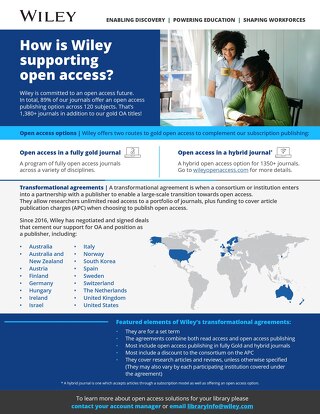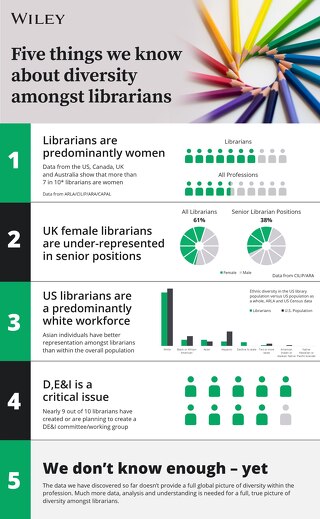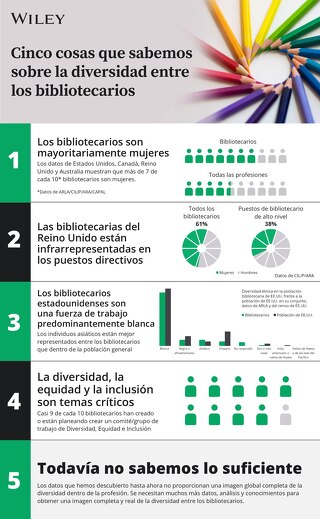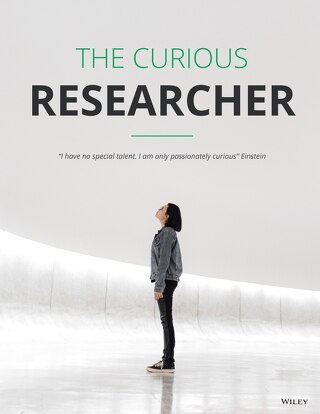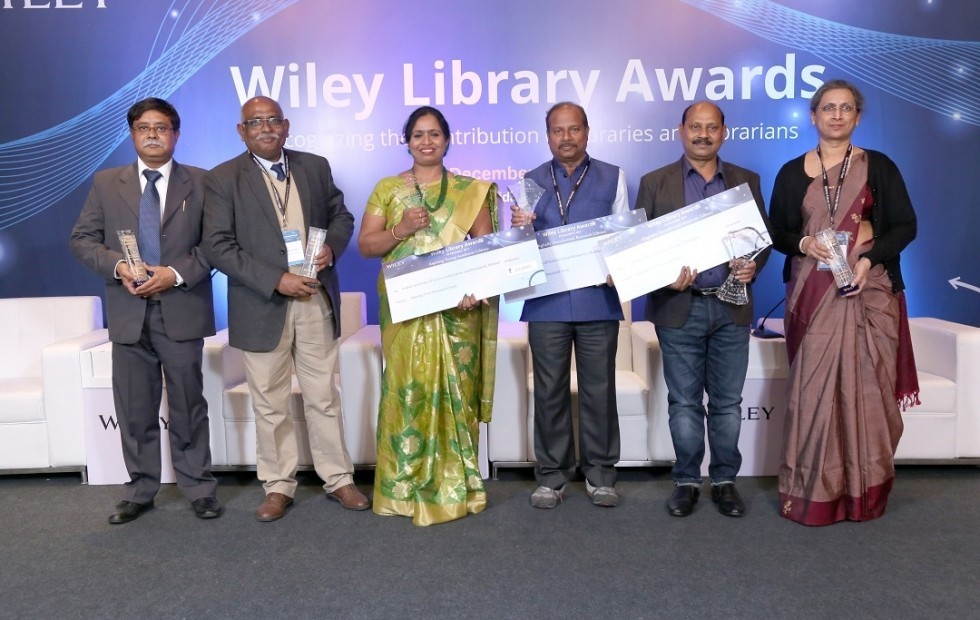early-career-librarian-series-library-advocacy-through-licensing
May 16, 2019
Whether your library is large or small, you most likely have at least one (but probably several) subscription to online content. The availability of online content has increased sharply in the past ten years, leading to libraries reimaging how they provide information to their patrons.
This has led to changes in reference services, technical support and acquisitions departments. A wide variety of subscription and purchase models exist for electronic resources and the selection process alone can be confusing.
After the library decides to subscribe or purchase an online resource, a license agreement must be signed. Like in any contract, both parties have separate priorities and interests which they hope to retain in the final version. Library vendors often have legal departments who are well versed on the company’s interests.
Larger libraries sometimes are fortunate to have legal staff, but generally the licensing process falls to a librarian.
Without the same legal background, the process may seem daunting and it might be tempting to sign the first license that is sent. However, this license agreement often contains language which can conflict with state law or can go against the advocacy values of your library.
So, where do you start? Have no fear! Here are some great resources to get you started.
Navigating the Content License - You’re Not Alone!
First, know you aren’t alone! Librarians, including those who work with licensing every day, are constantly learning new skills. One of the best websites to find information is LibLicense, which contains a wealth of information that even seasoned licensing professionals utilize all the time.
Highlights include:
- Discussion forum: a moderated listserv that provides daily updates on licensing news and is also a great place to ask questions
- Model licenses: a template agreement containing library friendly language reviewed by experts in the field. The page also contains links to other model licenses from places such as the California Digital Library (CDL) and NorthEast Research Libraries consortium (NERL)
- Licensing Terms: a list of definitions and example clauses related to library specific licensing language
It’s important to review the model licensing agreement with other stakeholders at your library and decide which clauses are “deal breakers” for you. Some might be required per state law and others might be required by your college or university.
Establishing a contact in the university legal department can be helpful when you have a quick question or it might even be required depending on the policies. Either way, having a librarian involved in the negotiation process is key to securing library-specific provisions.
Using Licenses to Advocate for Libraries
Another important function of library license agreements is advocacy. Licenses can be great ways to promote efforts important to the library such as accessibility and Open Access. Including a clause on accessibility in a license agreement might be required by state law in some cases or by university policy. Even if it’s not required, having a clause allowing the library to make content accessible is an important step toward making all online content accessible to all.
The Big Ten Academic Alliance (BTAA) has a model language guide which can be inserted into license agreements. Libraries are also opening doors for their scholars to publish with different Open Access models using vendor license agreements. This is a blossoming area and it will be exciting to continue to follow new developments!
Consulting Librarian Colleagues
Every license negotiation will be different and will require different amounts of time. While it’s not always possible to ask specific questions about an agreement, often other librarians can provide insight into a particular product.
Sometimes it’s necessary to understand exact technical details which need to be specified in the agreement and those are not clear from the trial. Or, if you have general questions about licensing language, reaching out to someone who has been through the process can be a great tool.
Even if you are the only person negotiating library agreements on your campus, remember you are not alone! There are many other librarians out there who have the same questions as you. By improving the ways in which we license online resources, we can help advocate for a better information environment for all.


